Webinar: Michael Platt discusses monkey models for autism
Watch the complete replay of Michael Platt’s webinar discussing monkey models for autism.

Watch the complete replay of Michael Platt’s webinar discussing monkey models for autism.
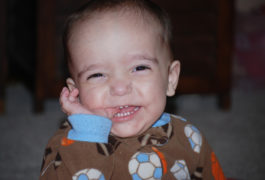
Most children with a rare autism-linked mutation develop baby teeth one to two years earlier than usual.
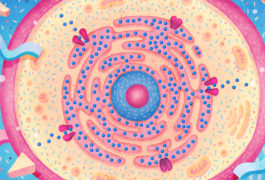
Probing the function of a protein in a calcium signaling pathway may lead to a diagnostic test for autism and a path toward treatments.

Tennis is a social game, requiring players to predict and respond to their opponent’s behavior. That may help some children with autism.
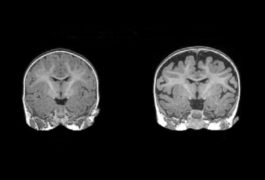
Some infants who are later diagnosed with autism have too much fluid between the brain and skull.
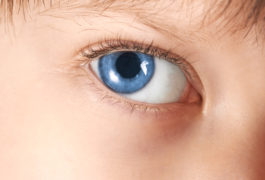
The pupils of preschoolers with autism are slow to constrict in response to light, a phenomenon that may serve as an early marker of autism risk.

Clinical trials for autism drugs have been plagued with problems: bad design, the wrong measures, too broad a range of participants. All that is finally starting to change.

A new ‘knowledge engine’ collects reams of behavioral and sensory data to create highly sensitive outcome measures for autism drugs.
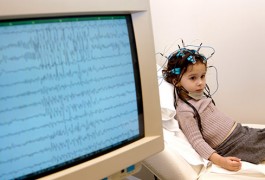
Children with an extra copy of the 15q11-13 chromosomal region, the second most common genetic abnormality in people with autism, have unusually strong brain waves called beta oscillations. The preliminary findings, presented Friday at the Dup15q Alliance Scientific Meeting in Orlando, Florida, suggest that beta oscillations could distinguish children with dup15q syndrome from those with other forms of autism.
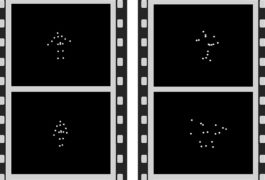
Patterns of activity in certain brain regions may predict how well a child with autism will respond to a behavioral therapy.